Dear friends,
Welcome back to this week of our summer book club on The Elegance of the Hedgehog by Muriel Barbery. After being rather flattened from travel and a busy semester, I finally got up the energy to do some touristing this week, and as a consequence I was rather delighted to discover the original French edition of L'Élégance du hérisson at a kiosk along the Seine this week. Isn’t it lovely?
I also visited the Pinault Collection, which is a contemporary art museum housing the collection of François Pinault at the former Bourse de Commerce (chamber of commerce). I enjoyed the collection and was particularly compelled by one very tiny installation. It was a small white mouse installed in a wall of the gallery, tucked away so that you almost wouldn’t think it was an art piece. I instinctively bent down to investigate and found the mouse is animatronic, and peeks in and out of its hole, speaking in a child’s voice. I thought perhaps it had a human behind the mouse interacting with people, or an AI installed so I spoke to it, only for the mouse to stutter and stumble and “forget” what it would say. I found the installation strangely moving. It seemed to play on our instinctive desire to communicate and the frustration we feel when we are unable to.
You can read more about the installation (and the gallery) here.
I mention this because I think it pertains to this week’s chapter. The arrival of Monsieur Ozu causes a stir in 7 Rue de Grenelle, not least because he seems able to truly see people for who they truly are, and be curious about them. Driven by curiosity about the new inhabitant unlikely alliances emerge, between Madame Josse and Madame de Broglie. Paloma finds Monsieur Ozu inspiring, imploring fate “to give me the chance to see beyond myself and truly meet someone.” Renée finds Monsieur Ozu’s perceptivity unnerving when he observes her distaste for poor grammar and parlays her quoting of Tolstoy by finishing the quote. She feels strangely seen by Ozu and is both compelled and terrified by the seeing.
On a less deep note: remember how Paloma’s Mom serves Madame de Broglie macarons from La Duree? Well, I had some La Duree macarons myself this week! It was a very pretty little tea room on Champs Elysees but I did have to chuckle at the references to Bridgerton everywhere (apparently La Duree is a sponsor) and the instrumental version of Taylor Swift playing on the speakers overhead…
As someone who has recently written a book called You are a Tree I would be remiss if I did not mention Paloma’s closing paragraph about trees:
“There's so much humanity in a love of trees, so much nostalgia for our first sense of wonder, so much power in just feeling our own insignificance when we are surrounded by nature…yes, that's it: just thinking about trees and their indifferent majesty and our love for them teaches us how ridiculous we are - vile parasites squirming on the surface of the earth - and at the same time how deserving of life we can be, when we can honor this beauty that owes us nothing.”
For the rest of my rambling thoughts on this week’s chapter, you can listen to the podcast episode on this week's chapter. By the way, I realised that I completely omitted one section from the reading plan! Silly me! So we will simply extend our reading club by a week. Here is the revised schedule:
June 11th: Chapters Marx and Camellias
June 18th: Chapter On Grammar
June 25th: Chapter Summer Rain
July 2nd: Paloma
That’s all my ramblings done, now I want to hear from you:
Why does Monsiuer Ozu have such an unsettling effect on the inhabitants of Rue De Grenelle? Why does he seem able to truly "see" people?
Happy Reading friends!
Warmly,
Joy





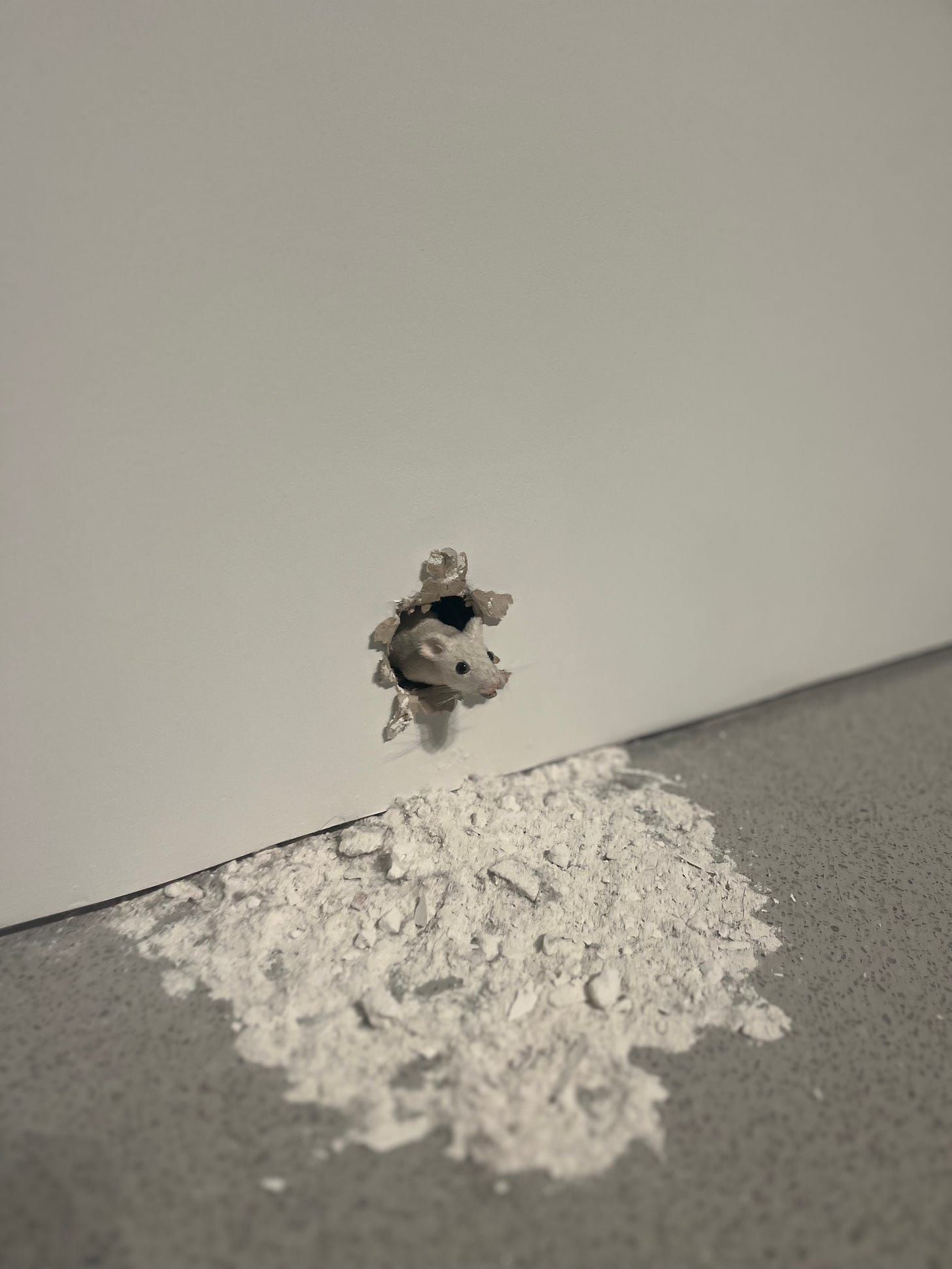
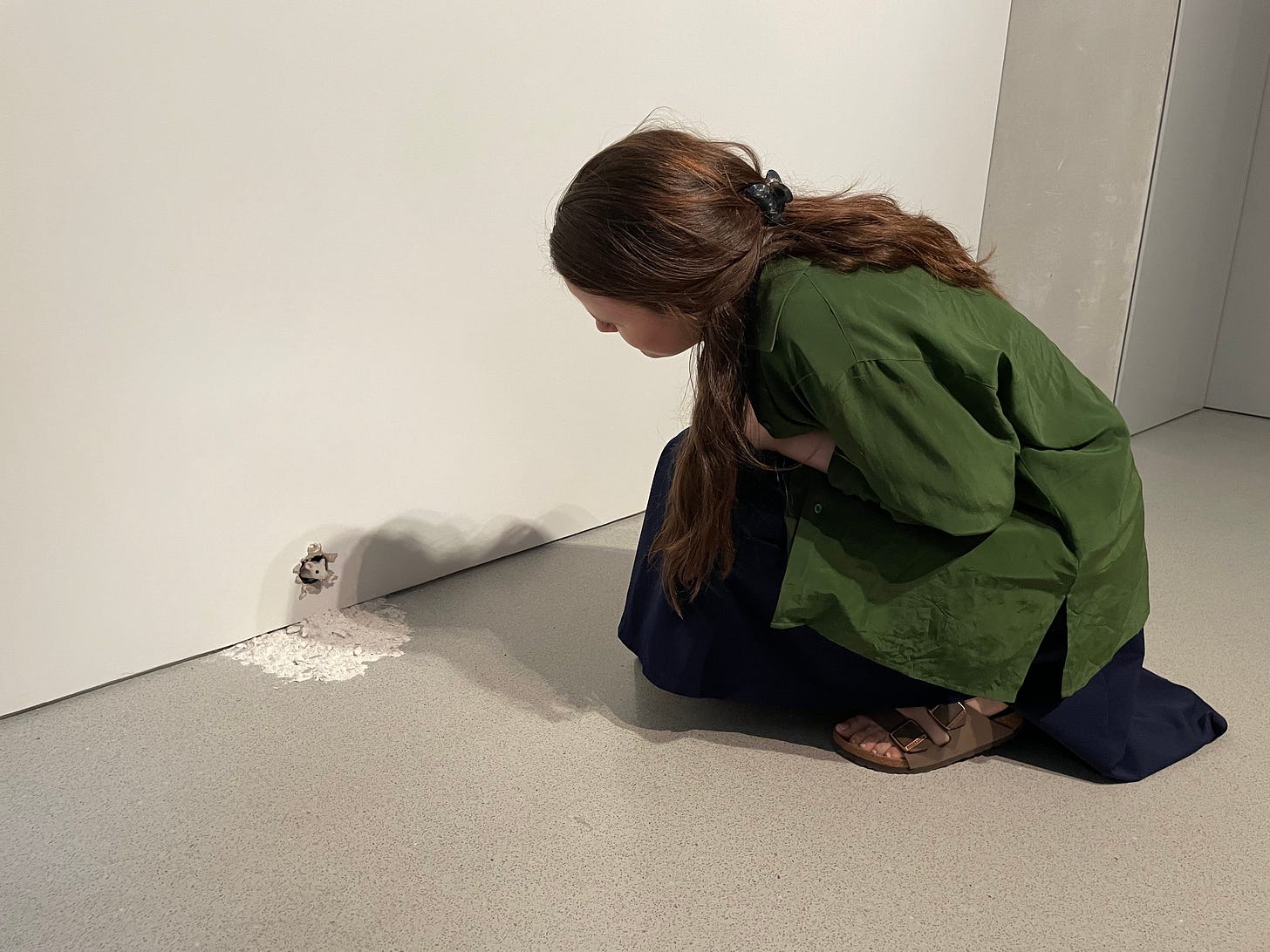





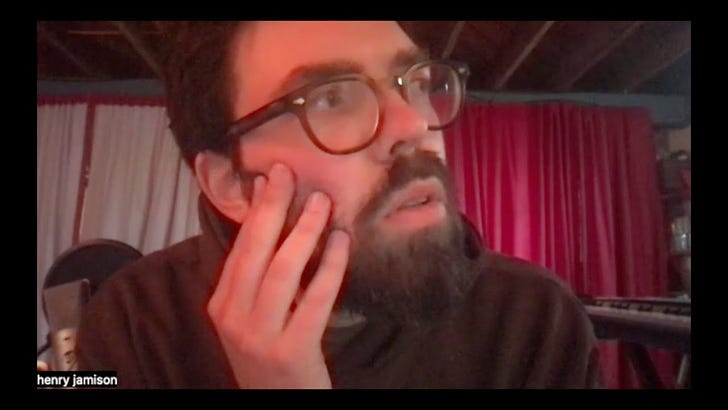
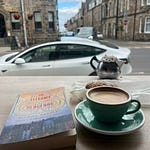
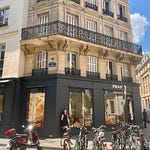
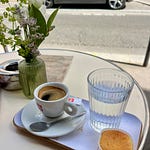
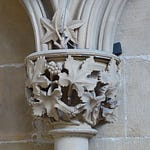
Share this post